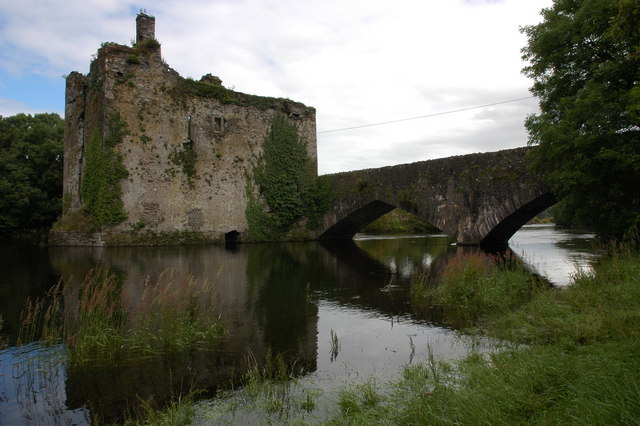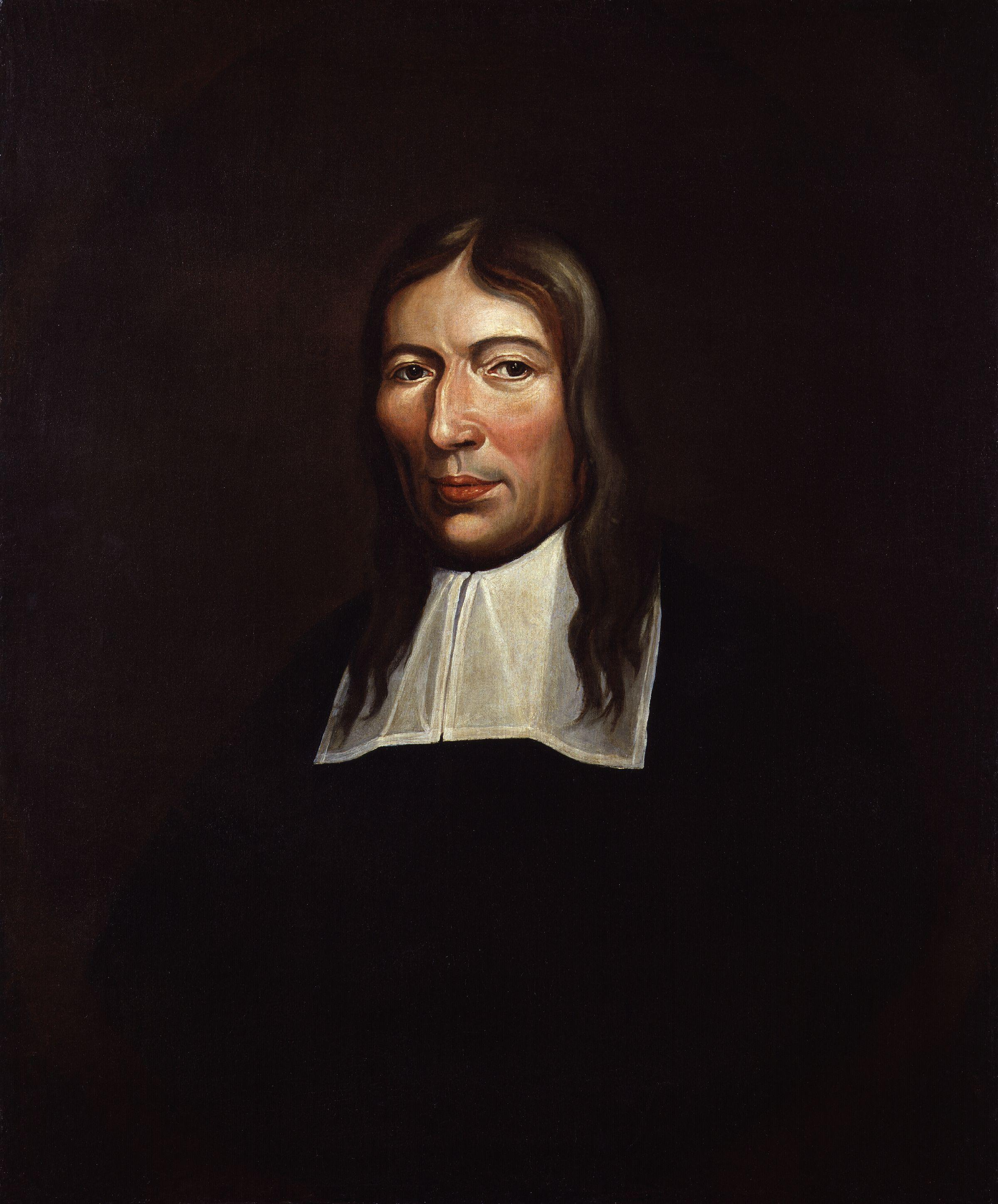|
Robert Phayre (regicide)
Colonel Robert Phaire, (1619?–1682), was an officer in the Irish Protestant and then the New Model armies and one of the regicide of Charles I of England. He was one of the three officers to whom the warrant for the execution of Charles I was addressed, but he escaped severe punishment at the Restoration by having married the daughter of Sir Thomas Herbert (1606–1682). He became a Muggletonian in 1662. Among some of his descendants in the later 1700s the surname was modified to Phair however caution is recommended because some families who were not descendants (such as some of the surname Fair) also took on this spelling. The senior line (descendants of Onesiphorus), continued the spelling Phaire until the early 1800s when they restyled to Phayre). Early life Phaire was born about 1619 (for on 24 March 1654 his age is reported as thirty-five), the son of the Revd Emmanuel Phaire from Devonshire, who had migrated to Ireland and in 1612 became rector of Kilshannig, county Cor ... [...More Info...] [...Related Items...] OR: [Wikipedia] [Google] [Baidu] |
New Model Army
The New Model Army or New Modelled Army was a standing army formed in 1645 by the Parliamentarians during the First English Civil War, then disbanded after the Stuart Restoration in 1660. It differed from other armies employed in the 1639 to 1653 Wars of the Three Kingdoms in that members were liable for service anywhere in the country, rather than being limited to a single area or garrison. To establish a professional officer corps, the army's leaders were prohibited from having seats in either the House of Lords or House of Commons. This was to encourage their separation from the political or religious factions among the Parliamentarians. The New Model Army was raised partly from among veteran soldiers who already had deeply held Puritan religious beliefs, and partly from conscripts who brought with them many commonly held beliefs about religion or society. Many of its common soldiers therefore held dissenting or radical views unique among English armies. Although the Ar ... [...More Info...] [...Related Items...] OR: [Wikipedia] [Google] [Baidu] |
Boetius MacEgan
Boetius MacEgan (; died May 1650) was a 17th-century Irish Roman Catholic Bishop of Ross. He was born in the barony of Duhallow in north-west County Cork and educated in France and Spain. He returned to his native Munster as a Franciscan friar in the 1630s and was promoted to several positions of importance in the Franciscan order. He was an enthusiastic supporter of the Confederation of Kilkenny, which controlled most of Ireland between the 1641 uprising and the Cromwellian conquest of 1649. In 1645 a new papal nuncio landed in Ireland with arms and funds to support the rebellion and befriended MacEgan, appointing him chaplain general of the Ulster forces. In this capacity MacEgan accompanied the Confederation forces on many campaigns and was present at the Confederation victories at the Battle of Benburb in 1646, Limerick and Kilkenny. In 1646 he was proposed as bishop of Ross by the nuncio himself and consecrated at Waterford in 1648, but probably never gained access to hi ... [...More Info...] [...Related Items...] OR: [Wikipedia] [Google] [Baidu] |
1610s Births
Year 161 ( CLXI) was a common year starting on Wednesday of the Julian calendar. At the time, it was known as the Year of the Consulship of Caesar and Aurelius (or, less frequently, year 914 ''Ab urbe condita''). The denomination 161 for this year has been used since the early medieval period, when the Anno Domini calendar era became the prevalent method in Europe for naming years. Events By place Roman Empire * March 7 – Emperor Antoninus Pius dies, and is succeeded by Marcus Aurelius, who shares imperial power with Lucius Verus, although Marcus retains the title Pontifex Maximus. * Marcus Aurelius, a Spaniard like Trajan and Hadrian, is a stoical disciple of Epictetus, and an energetic man of action. He pursues the policy of his predecessor and maintains good relations with the Senate. As a legislator, he endeavors to create new principles of morality and humanity, particularly favoring women and slaves. * Aurelius reduces the weight of a goldpiece, the aureus, ... [...More Info...] [...Related Items...] OR: [Wikipedia] [Google] [Baidu] |
Bartholomew Purdon
Bartholomew Purdon (–1737) was a County Cork landowner and a long-serving member of the Irish House of Commons. He was also a Justice of the Peace and served as Deputy Lord Lieutenant of County Cork for many years. He was High Sheriff of County Cork in 1708–9. He was born at Ballyclogh, County Cork, the son of Caption Bartholomew Purdon senior and his wife Alicia Jephson, daughter of Major-General William Jephson of Mallow Castle, County Cork and Alicia Dynham of Boarstall Tower, Buckinghamshire.''Burke's Peerage'' p.893 He had at least one sister Alicia, who married Colonel Thomas Phayre of Mountpleasant, a younger son of the regicide Colonel Robert Phayre. His paternal grandfather Sir Nicholas Purdon (died 1678) founded the Ballyclogh branch of the prominent Purdon family of County Clare, who were of English origin, and who settled in Ireland in the sixteenth century. He sat in the Irish House of Commons as MP for Baltimore 1651-6. Sir Nicholas's wife was Alice o ... [...More Info...] [...Related Items...] OR: [Wikipedia] [Google] [Baidu] |
Valentine Greatrakes
Valentine Greatrakes (14 February 1628 – 28 November 1682), also known as "Greatorex" or "The Stroker", was an Irish faith healer who toured England in 1666, claiming to cure people by the laying on of hands. Early life Greatrakes was born on 14 February 1628, at Affane, County Waterford, Ireland. He was the son of William Greatrakes (–1643) and Mary Harris (died ''c.'' 1656), daughter of Sir Edward Harris, Chief Justice of Munster. Both his parents were English Protestant settlers. He went to the free school at Lismore until he was 13 years of age and was designed for the college of Dublin. However, when the Irish Rebellion of 1641 broke out he and his mother fled to England, where he was received by his great uncle, Edmund Harris. After Harris died his mother placed him with John Daniel Getsius, a German minister, of Stoke Gabriel, in Devonshire. War, the Commonwealth and Protectorate After five or six years in England Greatrakes returned to his native country, which ... [...More Info...] [...Related Items...] OR: [Wikipedia] [Google] [Baidu] |
Lodowicke Muggleton
Lodowicke Muggleton (1609–1698) was an English religious thinker who gave his name to Muggletonianism, a Protestant sect which was always small, but survived until the death of its last follower in 1979. He spent his working life as a journeyman tailor in the City of London and was imprisoned twice for his beliefs. He held opinions hostile to all forms of philosophical reason, and had received only a basic education. He encouraged quietism and free-thought amongst his followers whose beliefs were predestinarian in a manner that was distinct from Calvinism. Near the close of his long life, Muggleton wrote his spiritual autobiography which was published posthumously. Childhood and apprenticeship Lodowicke Muggleton was born in a house called Walnut Tree Yard on Bishopsgate Street (now Bishopsgate) in the City of London. His father, John, was a farrier and a post office contractor. Lodowicke was the youngest of three children when his mother, Mary, died in 1612. On his father's ... [...More Info...] [...Related Items...] OR: [Wikipedia] [Google] [Baidu] |
Bishop Clancarty
A bishop is an ordained member of the clergy who is entrusted with a position of authority and oversight in a religious institution. In Christianity, bishops are normally responsible for the governance and administration of dioceses. The role or office of the bishop is called episcopacy or the episcopate. Organisationally, several Christian denominations utilise ecclesiastical structures that call for the position of bishops, while other denominations have dispensed with this office, seeing it as a symbol of power. Bishops have also exercised political authority within their dioceses. Traditionally, bishops claim apostolic succession, a direct historical lineage dating back to the original Twelve Apostles or Saint Paul. The bishops are by doctrine understood as those who possess the full priesthood given by Jesus Christ, and therefore may ordain other clergy, including other bishops. A person ordained as a deacon, priest (i.e. presbyter), and then bishop is understood to hold ... [...More Info...] [...Related Items...] OR: [Wikipedia] [Google] [Baidu] |



